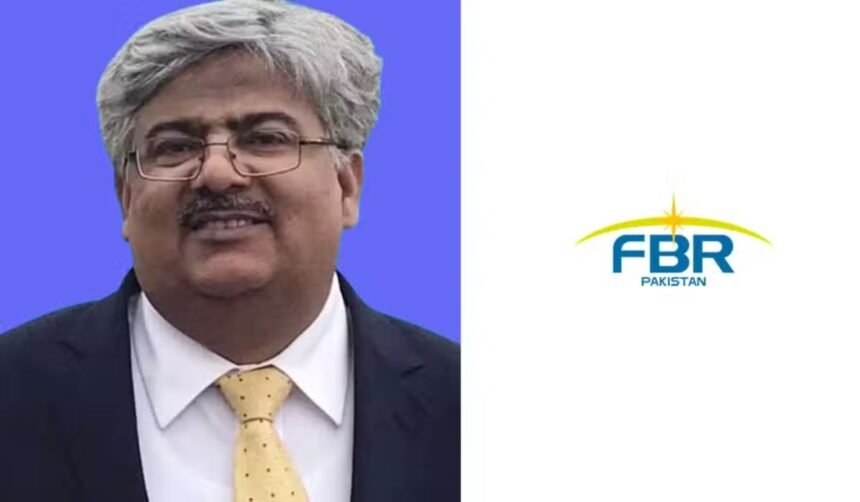In a striking disclosure before the National Assembly’s Standing Committee on Finance, Federal Board of Revenue (FBR) Chairman Rashid Langrial revealed that just 12 individuals in Pakistan have declared assets exceeding Rs10 billion in their tax returns, despite a population of over 250 million.
Langrial hinted at widespread tax evasion and underreporting among the wealthy, pointing out that a casual stroll through Islamabad’s upscale F-6 sector would reveal a different picture of wealth concentration than what is reported to tax authorities.
Read More: Punjab Announces Major Healthcare Reforms in Budget 2025–26
He also exposed tax evasion in the sugar industry, stating that some sugar mills are selling their product in unstamped packaging to bypass tax regulations. Langrial said video evidence of this malpractice exists. In response, MNA Omar Ayub urged authorities to name the mills involved.
The committee was also briefed on new property purchase rules. Officials explained that anyone buying property valued at Rs13 million must declare a minimum income of Rs10 million, in an attempt to clamp down on undocumented wealth in the real estate sector.
Read More: Punjab Embarks PKR 40B for School Infrastructure, PKR 15B for Scholarships Budget
Langrial added that the International Monetary Fund (IMF) has barred the government from offering new tax exemptions to Special Economic Zones (SEZs). Existing SEZs will keep their tax relief only until 2035. Reopening discussions on this timeline, he warned, could lead the IMF to bring the exemption deadline forward to 2027.
Ayub also raised alarm over the impact of rising tensions between Iran and Israel, warning of potential global oil price hikes if the Strait of Hormuz is disrupted. Finance Minister Muhammad Aurangzeb confirmed that a high-level committee has been formed to monitor the situation, and any spike in oil prices would likely affect Pakistani consumers.


